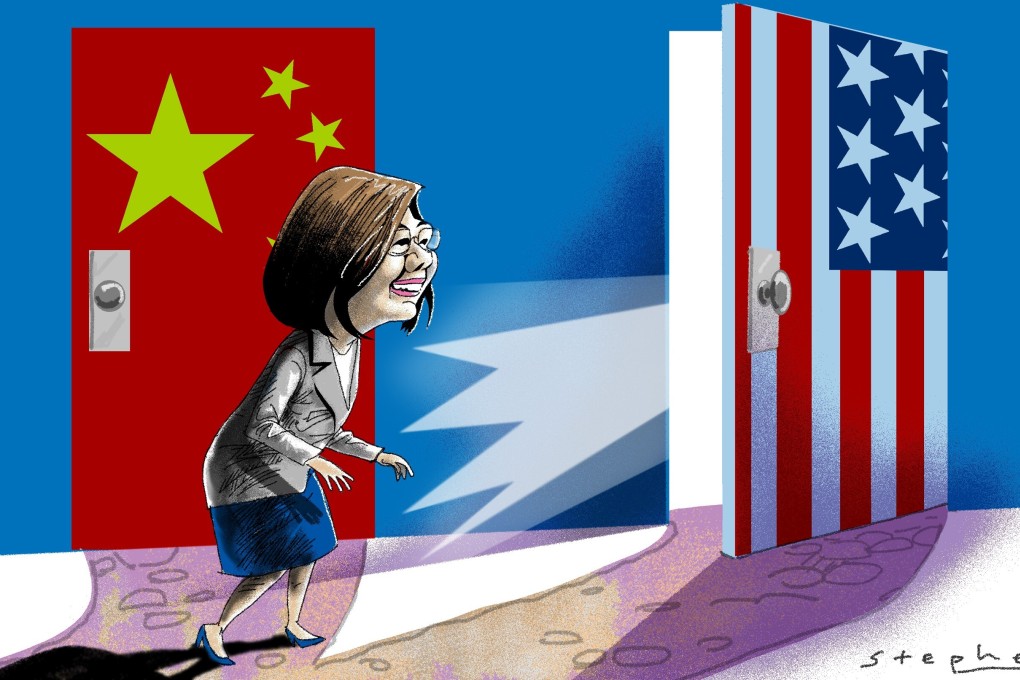Advertisement
Opinion | There’s no better time for Taiwan to seal a trade deal with the US and bolster its economy
- The winds of geopolitics seem to be blowing in Taiwan’s favour. The US-China trade war, Covid-19 and Hong Kong’s national security law are helping the island’s reshoring initiative. Next, it should negotiate a free-trade agreement with the US
Reading Time:4 minutes
Why you can trust SCMP

An unprecedented sea change is blowing in Taiwan’s direction. The island, having suffered decades of political ostracism, is reaching a new crossroads that has been formed by the confluence of exceptional global events.
This historical juncture could strengthen Taiwan’s economy with a measured level of reshoring of investment, and with Taiwan as a springboard to investment in the United States. And if properly handled by Taiwan and the US, these developments may not irreparably damage US-China-Taiwan relations.
The above-mentioned global events include: US President Donald Trump’s ultraconservative political ideology; Covid-19’s impact on an existing one-dimensional supply chain; the Hong Kong national security law; and Taiwan’s hi-tech leadership.
Advertisement
Properly navigated, the new crossroads can take Taiwan to greater economic independence from mainland China. Similarly, it can result in a game changer in global supply chains. Taiwan is in a unique position due to its technological and democratic strengths, especially as the epicentre of the world’s semiconductor industry. Consider what just happened in Taiwan’s trade relations with the US.
Two weeks ago, after decades-long resistance, Taiwan, under President Tsai Ing-wen, removed major obstacles to negotiating a long-overdue free trade agreement with the US. With Tsai’s announcement of her intention to lift restrictions on US pork and beef imports, she has taken a major stride towards eliminating Taiwan’s de facto economic dependency on mainland China.

US health chief offers ‘strong support’ to Taiwan in landmark visit
US health chief offers ‘strong support’ to Taiwan in landmark visit
In showing Taiwan’s willingness to roll back meat product restrictions that date back to at least 2003 (and were supposedly related to mad cow disease fears), Tsai has opened the door to much stronger economic, political and even military relations with the US. The door opening resonates through the halls of the American Institute in Taiwan’s relatively new office located in Neihu, Taipei.
Advertisement
Select Voice
Select Speed
1.00x
